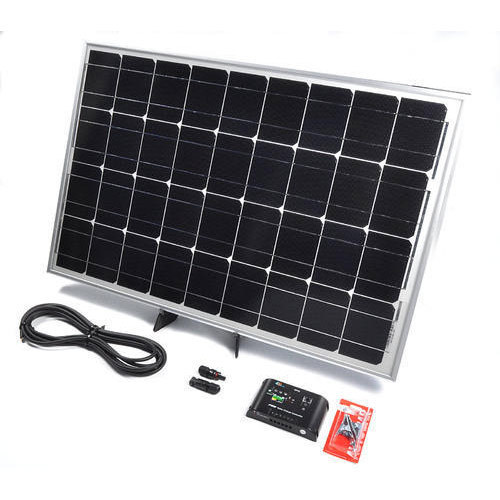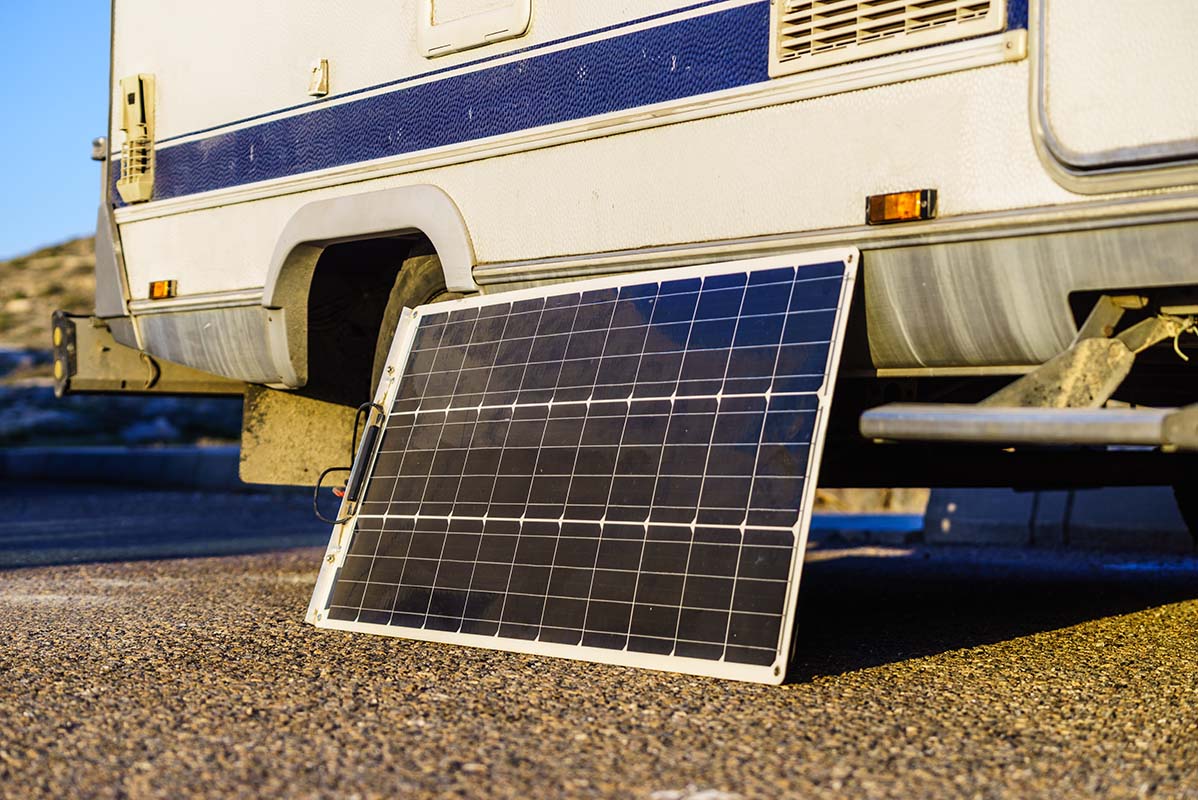The solar business in Maine is booming, and many farmers are entering the market by leasing their land to solar companies.But a recent task force report urges a more thoughtful, measured approach to prevent solar panels from eating up too much farmland in Maine.
Between 2016 and 2021, solar panel power generation in Maine increased more than tenfold, thanks in large part to policy changes aimed at encouraging renewable energy.But with developers willing to pay a premium to landowners for flat and sunny space, more and more Maine farmers are allowing solar panels to sprout from their soil rather than crops.

As concerns grow about the proliferation of solar panels on agricultural land, a task force recommends that Maine use financial incentives or other policies to encourage “dual use” of farmland.
For example, solar panels can be mounted higher or farther apart to allow animals to graze or crops to grow under and around the solar array.The group’s report also called for tweaking tax policy and simplifying the permitting process for dual-use projects.
Maine Department of Agriculture, Conservation and Forestry Commissioner Amanda Beal told lawmakers Tuesday that the state wants to find ways to balance farmers’ needs and economic interests to meet Maine’s ambitious climate goals.
In a report released last month, the Agricultural Solar Stakeholder Group recommended finding other states while launching a robust pilot program to explore the best strategies for dual-use farmland.
“We want farmers to have a choice,” Bill told members of both legislative committees.”We want them to be able to make their own decisions. We’re not going to take away those opportunities.”
The group’s report also calls for encouraging larger-scale solar development on marginal or contaminated land.Several lawmakers expressed particular interest in placing larger solar panels on farms found to be contaminated with a permanent chemical known as PFAS, a growing problem in Maine.
Beal’s agency, along with the Maine Department of Environmental Protection, is in the beginning stages of a multi-year investigation to find PFAS contamination on land previously fertilized with sludge that may contain industrial chemicals.

Rep. Seth Berry of Bowdoinham, co-chair of the committee overseeing energy issues, acknowledged that Maine has a relatively limited amount of high-quality agricultural soil.But Berry said he sees a way to balance the state’s farming and agricultural needs.
“I think it’s a rare opportunity to really get it right to make sure we’re strategic and precise in what we’re encouraging,” said Berry, co-chair of the Legislature’s Committee on Energy, Utilities and Technology. Our committees will have to work in the usual silos to make this happen.”
Post time: Feb-10-2022




